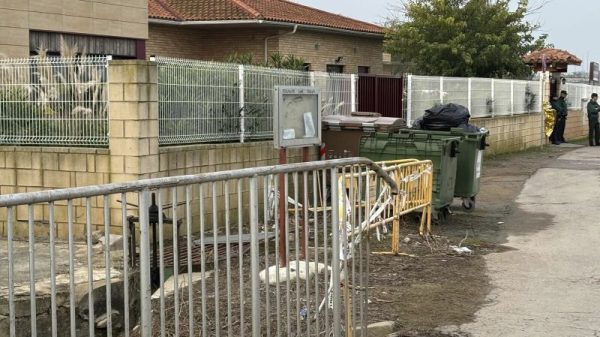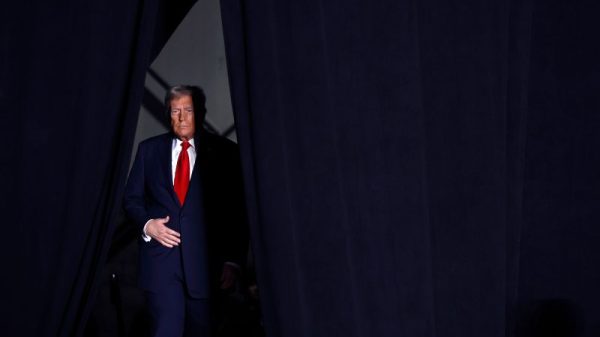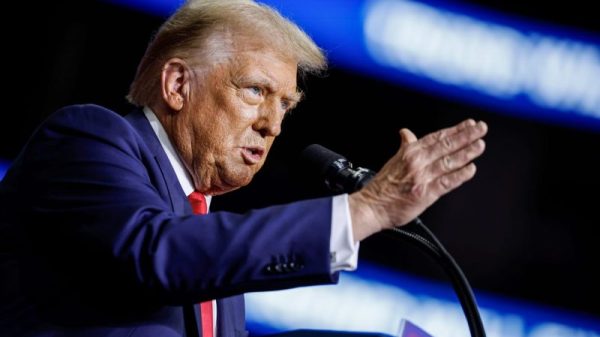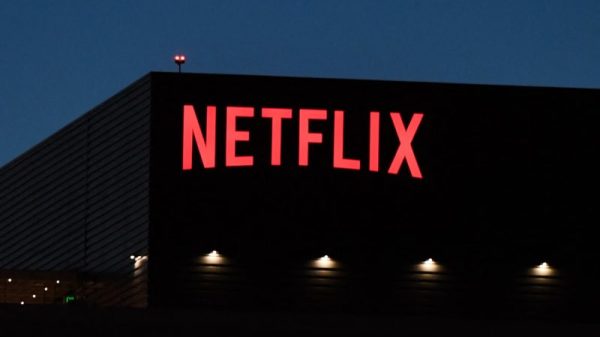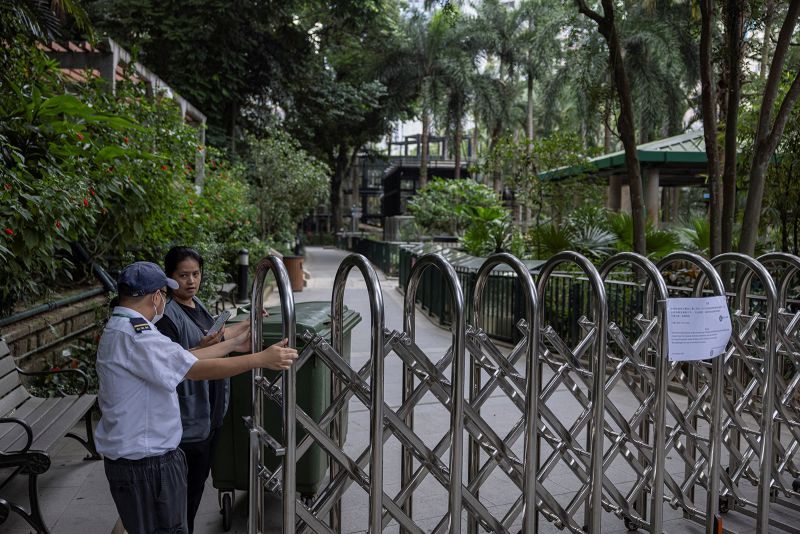Melioidosis, a bacterial infection, was responsible for killing at least nine monkeys at a Hong Kong zoo, authorities said, as a further two died over the weekend, taking the total to 11 in the past week.
Part of the zoo, built in 1860 and the oldest park in Hong Kong, has remained shut since October 14 when authorities reported the first batch of monkey deaths.
Housed in five separate cages, the deceased monkeys included the De Brazza species as well as one common squirrel monkey, cotton-top tamarins and white-faced sakis.
Authorities said nine monkeys died of sepsis after catching melioidosis. Autopsies found a large amount of the melioidosis-inducing bacteria in the monkeys organs, which likely came from soil near the monkeys habitat, they said.
Further tests are needed to determine the cause of death of the latest two monkeys.
Kevin Yeung, the city’s culture and tourism minister, told local public broadcaster RTHK that works at the zoo required digging up the soil near where the monkeys lived.
Workers were then believed to have brought contaminated soil into the cage through their shoes, he said.
“We have cordoned off the whole mammals section for the time being, so there will be no sort of contact between normal citizens with the animals,” he said.
The bacteria is particularly common in moist clay soil. Even though it can affect both humans and animals, it is unlikely to be passed from animals to humans, authorities said.
The zoo, located just above the city’s financial centre and near government house, houses around 158 birds, 70 mammals and 21 reptiles in about 40 enclosures.








